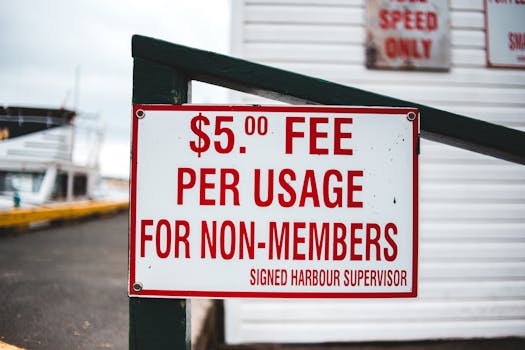Primary keywords: public charge rule 2025, green card denial reasons, public benefits immigration
The Public Charge Rule is a major concern for many immigrants applying for green cards or visas in the United States. In 2025, this rule continues to evolve, and understanding its impact is crucial for applicants who want to avoid delays or denials.
This article breaks down what the Public Charge Rule means, who it applies to, which benefits are involved, and how to prepare a strong application. If you’re sponsoring a family member or applying for adjustment of status, read this carefully.
What Is the Public Charge Rule?
The Public Charge Rule refers to a section of U.S. immigration law that allows the government to deny green cards or certain visas if it believes the applicant is likely to become primarily dependent on government assistance.
The idea is not new. It dates back to the 1800s. But how the government defines “public charge” and what evidence is used has changed many times, especially in the last five years.
As of 2025, the rule in effect is based on the Biden administration’s 2022 version, which reversed stricter Trump-era policies.
Who Can Be Affected?
The Public Charge Rule generally applies to individuals applying for:
- Adjustment of status (green card application inside the U.S.)
- Immigrant visas (from abroad at a U.S. consulate)
- Certain nonimmigrant visa extensions or changes
Exemptions include:
- Refugees and asylees
- Special immigrant juveniles
- U visa, T visa, and VAWA applicants
- Afghan and Iraqi translators
- Certain parolees
Family-based green card applicants are most commonly impacted, especially when the sponsor’s financial information is under review.
What Does “Public Charge” Mean in 2025?
Under the current rule:
A person is considered likely to become a public charge only if they are expected to depend primarily on government cash assistance or long-term institutional care at government expense.
This is a narrow definition. It does not include most common benefits like Medicaid, SNAP (food stamps), or housing assistance — which were previously considered under older rules.
Which Benefits Count?
As of 2025, the only public benefits that may be considered in the public charge test are:
1. Cash Assistance for Income Maintenance
- Supplemental Security Income (SSI)
- Temporary Assistance for Needy Families (TANF)
- State or local general assistance
2. Long-Term Institutionalization at Government Expense
- Includes care in nursing homes or mental health institutions paid by Medicaid
Benefits That Do Not Count:
- Medicaid (unless used for long-term institutional care)
- CHIP (Children’s Health Insurance Program)
- SNAP / Food Stamps
- WIC
- Section 8 housing vouchers
- Public housing
- COVID-19 relief payments
- Pandemic unemployment assistance
If you or a family member have used non-cash benefits, it will not affect your green card or visa application under the current rule.
How Does USCIS Decide?
USCIS evaluates whether you’re likely to become a public charge in the future, not based on past use of benefits.
They focus on factors such as:
- Age: Young adults of working age are favored
- Health: Applicants with serious medical issues may need to show financial support for care
- Family status: Household size and dependents
- Assets, resources, and financial status: Your income, savings, and debts
- Education and skills: English ability, job history, degrees
- Affidavit of Support: From your U.S. sponsor, usually Form I-864
The Affidavit of Support is one of the most important pieces. It must show that the sponsor earns at least 125% of the Federal Poverty Guidelines.
What About Past Use of Benefits?
If you previously received a cash benefit like SSI or stayed in a government-funded nursing facility, it may be reviewed. But one-time or temporary use is unlikely to lead to denial — especially if you are no longer receiving those benefits.
Always disclose truthfully. Lying or omitting information can cause more damage than the benefit itself.
How to Avoid Issues With the Public Charge Rule
- Submit a Strong Affidavit of Support
Make sure your sponsor meets income thresholds and includes W-2s, pay stubs, and tax returns. - Include Evidence of Financial Stability
Bank statements, property deeds, job offer letters, or a college degree can support your case. - Explain Special Circumstances
If you had to use assistance during a crisis (e.g., pandemic, job loss), include a short explanation letter. - Use an Immigration Attorney
For complex cases or past benefit use, a legal review can prevent costly mistakes.
Do Immigration Officers Still Deny Green Cards Based on Public Charge?
It’s rare under the current version of the rule, but it can still happen if the sponsor’s income is too low or the applicant has no other means of support.
That’s why complete documentation and an accurate Affidavit of Support are essential.
The Public Charge Rule continues to be one of the most misunderstood parts of immigration law. In 2025, it’s more limited in scope, and most applicants should not be afraid if they’ve used non-cash public benefits.
Still, financial stability and careful paperwork are critical. Make sure your application package is complete, and consider working with an immigration professional if you have any doubt about your eligibility.


